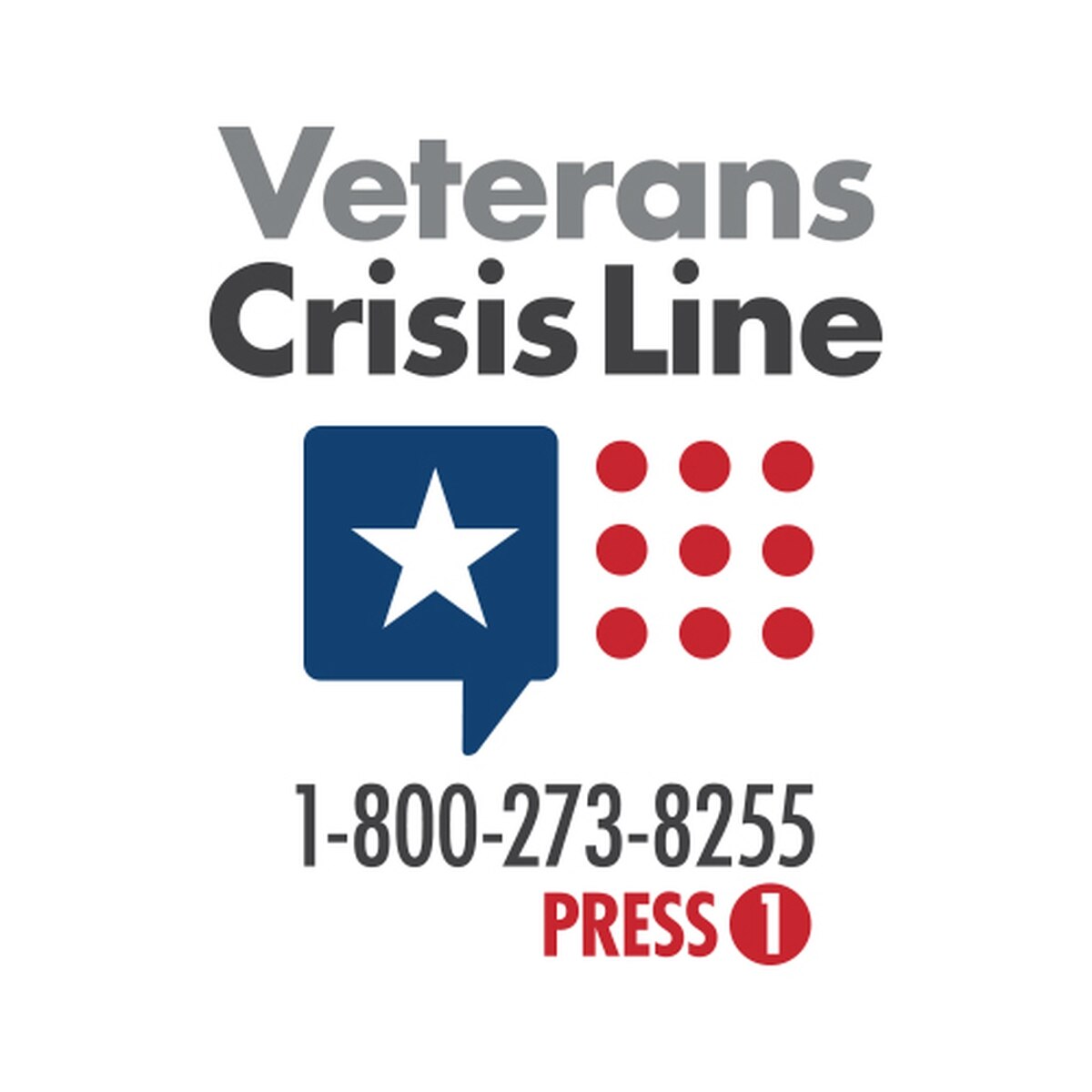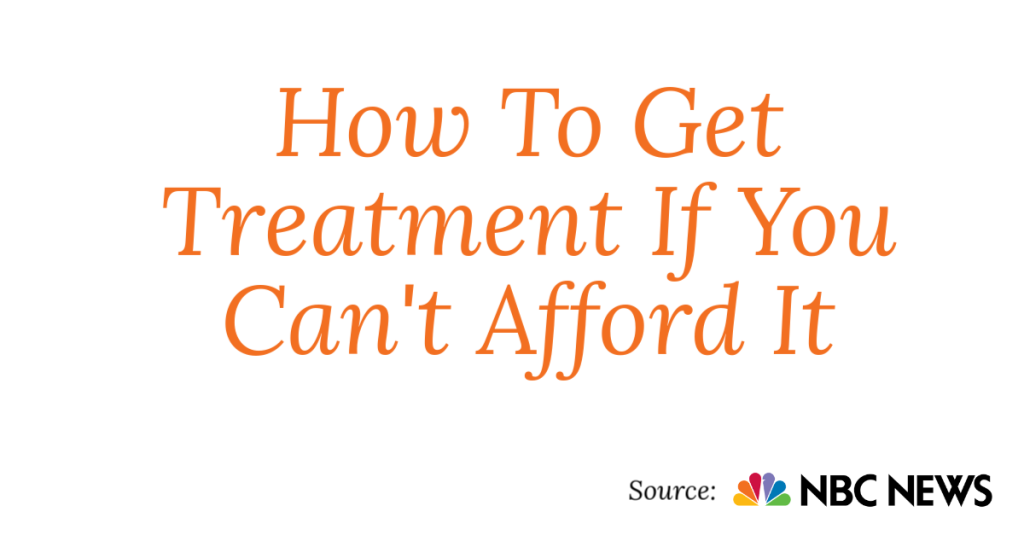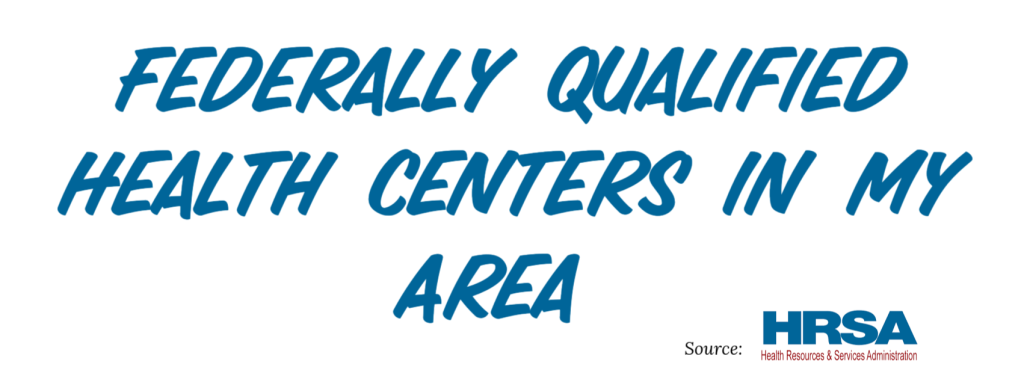1-800-273-8255
National Suicide Prevention Lifeline is a national network of local crisis centers that provides free and confidential emotional support to people in suicidal crisis or emotional distress 24 hours a day, 7 days a week. Call or CHAT ONLINE.
1-800-662-4357
The Substance Abuse and Mental Health Services Administration (SAMHSA) provides free and confidential referrals and information about mental and/or substance use disorders, prevention, treatment, and recovery. Call 24hrs/day for assistance in English and Spanish.
1-800-273-8255
Connect with the Veterans Crisis Line to reach caring, qualified responders with the Department of Veterans Affairs. Many of them are Veterans themselves. Call (and press 1), CHAT ONLINE or text 838255.
800-950-6264
The National Alliance on Mental Illness HelpLine staff and volunteers are experienced, well-trained and able to provide information, resource referrals and support to people living with mental health conditions, their family members and caregivers. Call Monday-Friday from 10 a.m.- 6 p.m., ET, or send an email to info@nami.org.
1-866-488-7386
The Trevor Project‘s trained counselors are here to support you 24/7. If you are a young person in crisis, feeling suicidal, or in need of a safe and judgment-free place to talk, call, CHAT ONLINE or text START to 678-678.
How to get started
A huge obstacle many people face when considering getting help for their mental health, is not knowing where and how to access mental health services. It can seem confusing to get started but help is accessible in many forms, and seeking assistance can make all the difference in your life, or a loved one’s life. One way to figure out which type of service to access is to first try and assess the situation.
Is this a crisis?
“A mental health crisis is any situation in which a person’s actions, feelings, and behaviors can lead to them hurting themselves or others, and/or put them at risk of being unable to care for themselves or function in the community in a healthy manner.” (source kvc.org) It is important to note that in any situation that is potentially life-threatening, you should get immediate emergency assistance by calling 911.
Talk to your primary care provider
If the situation is not life-threatening and is not a crisis that requires immediate assistance, you can access mental health services by consulting your primary care provider and asking for a referral to a mental health specialist. The waiting period may vary depending on your healthcare network, insurance and demand for mental health professionals in your area.
Be your best advocate
It is important to advocate for yourself when seeking medical services of any kind. When struggling with mental health issues, it can be hard to be your own strongest advocate, so counting on the support of a family member or friend who can help to advocate for you may make a big difference.
Be honest about how you’re feeling
It is important to speak openly and honestly to your primary care provider, in order for them to better assess your mental health state and help to determine what type of services to refer you to, and whether your current mental state requires immediate assistance. If your primary care provider (or any medical professional) determines that you or your loved one, is going through a mental health crisis, they should connect you to immediate assistance by a crisis team, and eliminate the possible waiting period to see a specialist.
Can I afford to get help?
Another big obstacle many people face when seeking help for their mental health is the idea that mental health treatment is inaccessible due to cost. Although medical treatment of any kind can be costly, it is important to note that there are options available even for those who don’t think they can afford it. For those who have private insurance, the first step is to contact the insurance company and ask what mental health professionals are covered in your area. A lot of times insurance will cover specialists that are under the same health network as your primary care provider as long as there is a referral in place. For those who don’t have private health insurance, there may be options available in your area, including community-based healthcare centers, local social services agencies, student health centers or a federally qualified health center.










